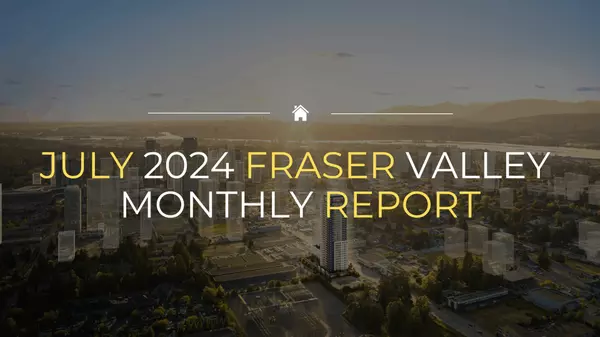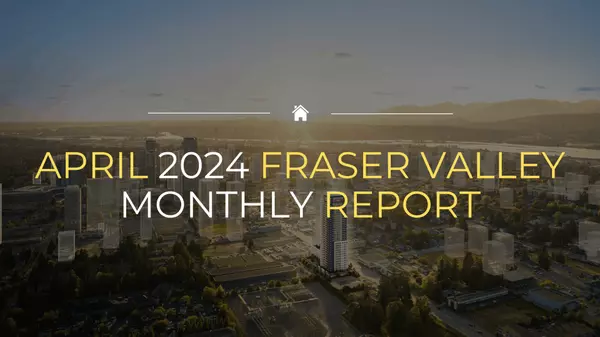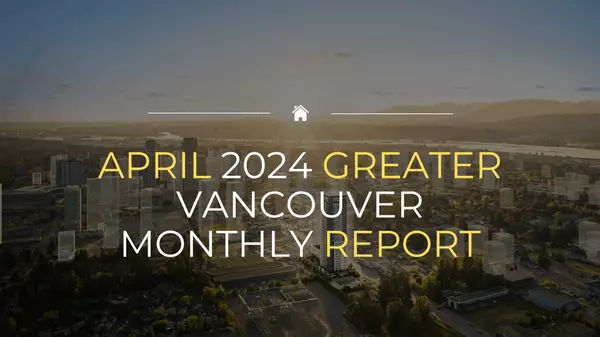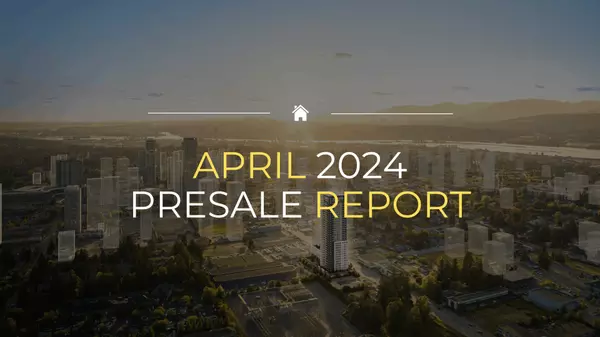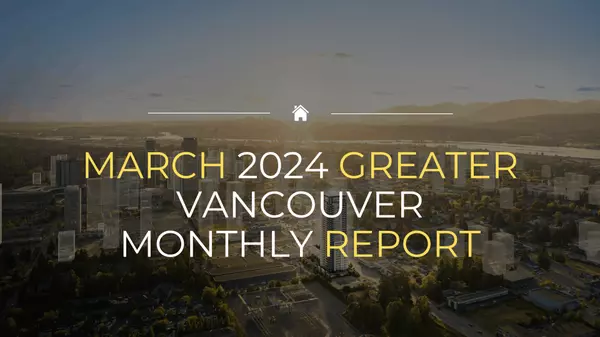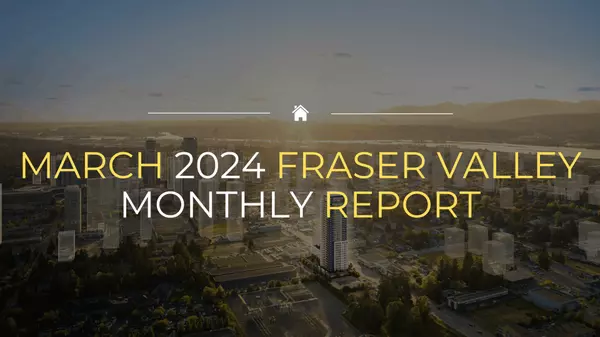

Comprehensive Guide to Property Transfer Tax in British Columbia (2025): Rates, Exemptions, and Savings
Property Transfer Tax in British Columbia (2025) Understanding Property Transfer Tax The Property Transfer Tax (PTT) is a fee paid by buyers when purchasing real estate in British Columbia. It is calculated based on the fair market value of the property at the time of registration. PTT Rates in
Read More

7 Reasons Why Buying A Home In January Is A Strategic Action
Amidst the gentle embrace of the new year's rainfall in the Lower Mainland, perceptive homebuyers are discovering the hidden benefits that January unveils in the realm of real estate. Contrary to common perception, this winter month emerges as a strategic window for embarking on one of life's most s
Read More

Essential Information for First-Time Home Buyers in British Columbia
The government of British Columbia provides several enticing incentives for individuals entering the real estate market as first-time home buyers. Optimize these incentives to facilitate your initial home purchase. Embarking on the journey of purchasing your first home can often feel intricate and
Read More
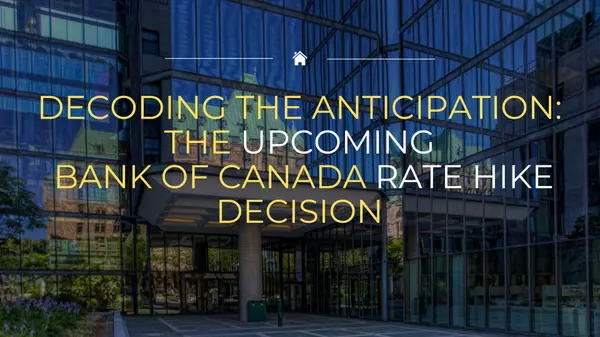
Decoding the Anticipation: The Upcoming Bank of Canada Rate Hike Decision
The financial world is on the edge of its seat as the Bank of Canada gears up for a crucial decision: whether to raise interest rates or maintain the status quo. With the economy showing signs of recovery but still treading cautiously, this impending rate hike carries significant implications. In th
Read More
Recent Posts




